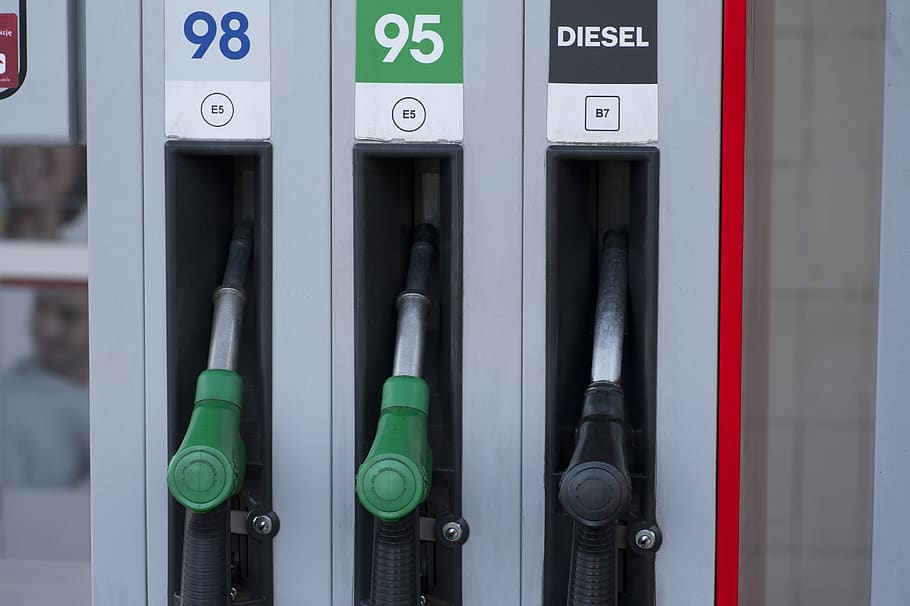According to the IEA, the United States can become a stable net exporter of oil at the end of 2020 or at the beginning of 2021 (for the first time, a small amount of net export from this country was recorded in September this year).
Recall that on December 6, the parties to the OPEC + agreement agreed to further limit oil production by increasing the level of reduction in supplies from 1.2 million bpd to 1.7 million bpd (compared with the volume of production in October 2018). Saudi Arabia has promised to voluntarily reduce supplies by another 400 thousand bpd, which will bring the total reduction to 2.1 million bpd. “If all countries fulfill their obligations, this will reduce the total production compared to the current level by 500 thousand bpd,” the IEA expects.
In November, according to the organization, the total oil supply amounted to 101.36 mln bpd (minus 1.2 mln bpd compared to November last year). This overall decline was the result of a decrease in OPEC production of 2.69 million bpd and an increase of 1.5 million bpd of countries outside the cartel. OPEC in November reduced production by 300 thousand bpd, bringing it to 29.66 mln bpd. In particular, Saudi Arabia in November reduced supplies to 9.9 mln bpd, which corresponds to the completion of the transaction by 228%. Earlier, the country's obligations to reduce production amounted to 322 thousand bpd, for the new deal - 167 thousand bpd and 400 thousand bpd above that, which is equivalent to the production level of 9.74 mln bpd (it follows that the full implementation of the terms of the new transaction will require the country to further reduce supplies by only 160 thousand bpd). Iraq, on the other hand, is the largest violator of the terms of the deal (in November it fulfilled its terms by only 2%) and should reduce supplies by 190 thousand bpd.
Participants in the transaction outside the cartel promised to reduce production by 130 thousand bpd, but taking into account the underfulfillment of the transaction, the actual reduction should be 210 thousand bpd.
source: iea.org
Recall that on December 6, the parties to the OPEC + agreement agreed to further limit oil production by increasing the level of reduction in supplies from 1.2 million bpd to 1.7 million bpd (compared with the volume of production in October 2018). Saudi Arabia has promised to voluntarily reduce supplies by another 400 thousand bpd, which will bring the total reduction to 2.1 million bpd. “If all countries fulfill their obligations, this will reduce the total production compared to the current level by 500 thousand bpd,” the IEA expects.
In November, according to the organization, the total oil supply amounted to 101.36 mln bpd (minus 1.2 mln bpd compared to November last year). This overall decline was the result of a decrease in OPEC production of 2.69 million bpd and an increase of 1.5 million bpd of countries outside the cartel. OPEC in November reduced production by 300 thousand bpd, bringing it to 29.66 mln bpd. In particular, Saudi Arabia in November reduced supplies to 9.9 mln bpd, which corresponds to the completion of the transaction by 228%. Earlier, the country's obligations to reduce production amounted to 322 thousand bpd, for the new deal - 167 thousand bpd and 400 thousand bpd above that, which is equivalent to the production level of 9.74 mln bpd (it follows that the full implementation of the terms of the new transaction will require the country to further reduce supplies by only 160 thousand bpd). Iraq, on the other hand, is the largest violator of the terms of the deal (in November it fulfilled its terms by only 2%) and should reduce supplies by 190 thousand bpd.
Participants in the transaction outside the cartel promised to reduce production by 130 thousand bpd, but taking into account the underfulfillment of the transaction, the actual reduction should be 210 thousand bpd.
source: iea.org





